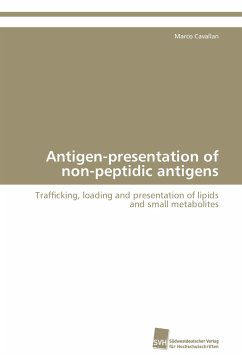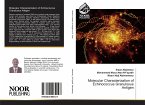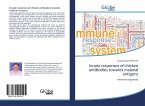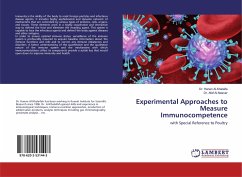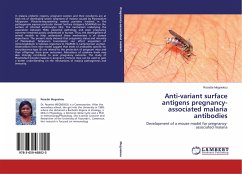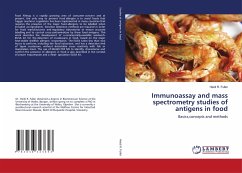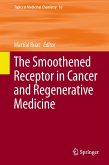T cells recognize a broad variety of antigens, including peptides, lipids and non-peptidic phosphorylated metabolites. Clarification of the rules rendering non-peptidic molecules immunogenic is essential to understand and to influence the reactions of the immune system to this class of substances in health and disease. Molecular mechanisms governing the immunogenicity of non-peptidic ligands such as their cell internalization, trafficking within intracellular organelles, association with dedicated antigen-presenting molecules, induction of central and peripheral tolerance, and finally their role in autoimmune diseases as well as in protection during infection are unknown to date. The aims were to assess the cell biological rules of immunogenicity and immunological functions of non-peptidic antigens, with particular emphasis on cell trafficking of non-peptidic antigens and antigen-presenting molecules focusing on the reactivity and presence of invariant natural killer T cells in disease, the role of CD1a trafficking in lipid antigen presentation, and the requirements for membrane translocation of phosphorylated mevalonate metabolites that stimulate T cell receptor gamma-delta cells.
